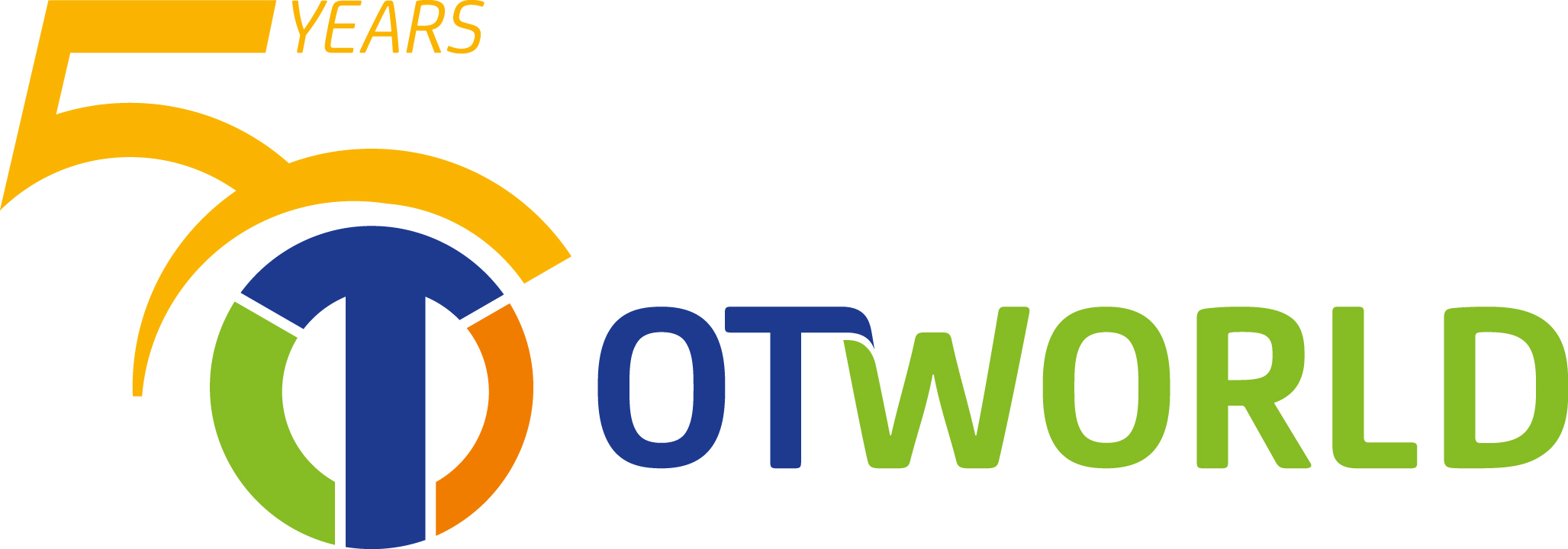OTWorld 2026: 50 years of joint progress for patients world-wide
Congress Presidents Dr Doris Maier and Thomas Münch discuss tradi-tion, change and responsibility in orthopaedic treatment and care.
From 19 to 22 May 2026, OTWorld in Leipzig will celebrate its 50th an-niversary as the global meeting place for technical orthopaedics and everyone involved in assistive technology. For half a century, it has combined a World Congress and leading International Trade Show, bringing together international experts and showcasing innovations in prostheses, orthoses, supports, compression stockings and wheel-chairs. To mark the anniversary, the two Congress Presidents, Dr Doris Maier and Thomas Münch, are shaping the content of the World Con-gress – with decades of experience, personal responsibility and a clear message: successful patient care can only be achieved by working to-gether.
Training as the foundation for the future
Thomas Münch, master orthopaedic technician and entrepreneur from Duis-burg, brings the perspective of the skilled trades to the table. For Münch, who has attended every OTWorld since 1976, training is the foundation for the future: “Good training is like building a house. It starts with laying the foundations – the skilled trades,” he explains. OTWorld therefore focuses on the question of how craft and academic training should be designed today and tomorrow: practical, digital and interdisciplinary. Skilled trades, digital skills and new academic paths must be more closely integrated in order to prepare the next generation for the rapidly growing demands.
Seamless care
Dr Doris Maier, Medical Director at the BG Unfallklinik Murnau, focuses on integrative care and rehabilitation. “Optimal care cannot be achieved alone, but only when physicians, therapists, prosthetists and orthotists, as well as rehabilitation experts and health insurance companies, work closely together. In Leipzig, all the players come together – but not all of them are really pulling in the same direction yet,” she emphasises.
Focus on rehabilitation
The Medical Director believes that a strong interdisciplinary team is particu-larly important for the success of rehabilitation. "Rehabilitation is one of the cornerstones that, alongside the best possible, guideline-compliant trauma surgery and orthopaedic diagnostics and treatment, determines the outcome for the patient. Good rehabilitation also requires an interdisciplinary team and timely, patient-centred treatment pathways. In many cases, orthopaedic treatment and care plays a significant role in this," says Maier. That is why she is deliberately placing rehabilitation at the centre of the congress. The Congress President also wants to focus more attention on conservative or-thopaedics, which has increasingly fallen behind in specialist training – with consequences for the quality of orthopaedic treatment and care.
Success as a team
Both Congress Presidents agree: technology and innovation are a great as-set. However, the foundation for successful care remains close cooperation between the disciplines. “Only when medicine, technology and therapy learn from each other can progress be made – and progress is the basis for even better orthopaedic treatment and care,” explains Münch.
Responsibility for the future
With this message, OTWorld 2026 addresses participants from all over the world: combining tradition and change, taking responsibility – and shaping the future of orthopaedic treatment and care together with a focus on patients.
We have made both a short and a detailed version of the interview with the two Congress Presidents, Dr Doris Maier and Thomas Münch, available online for you to publish.
About OTWorld
The professional sponsor of OTWorld is the German Association of Orthopaedic Technol-ogy (BIV-OT). The congress is organised by Confairmed GmbH, which also owns the OTWorld brand. Leipziger Messe GmbH is responsible for the trade show.
Captions:
The Congress Presidents of OTWorld 2026, Dr Doris Maier and Thomas Münch, com-bine medical and skilled trades expertise. Together, they shape the programme of the World Congress – with the aim of further developing patient care worldwide.
Thomas Münch, master orthopaedic technician from Duisburg, represents the perspective of the skilled trades in OTWorld 2026 – and emphasises the importance of practical training as the foundation for the future.
Dr Doris Maier, Medical Director of the BG Unfallklinik Murnau, is the Congress Presi-dent and will focus the world congress on rehabilitation and interdisciplinary cooperation.

